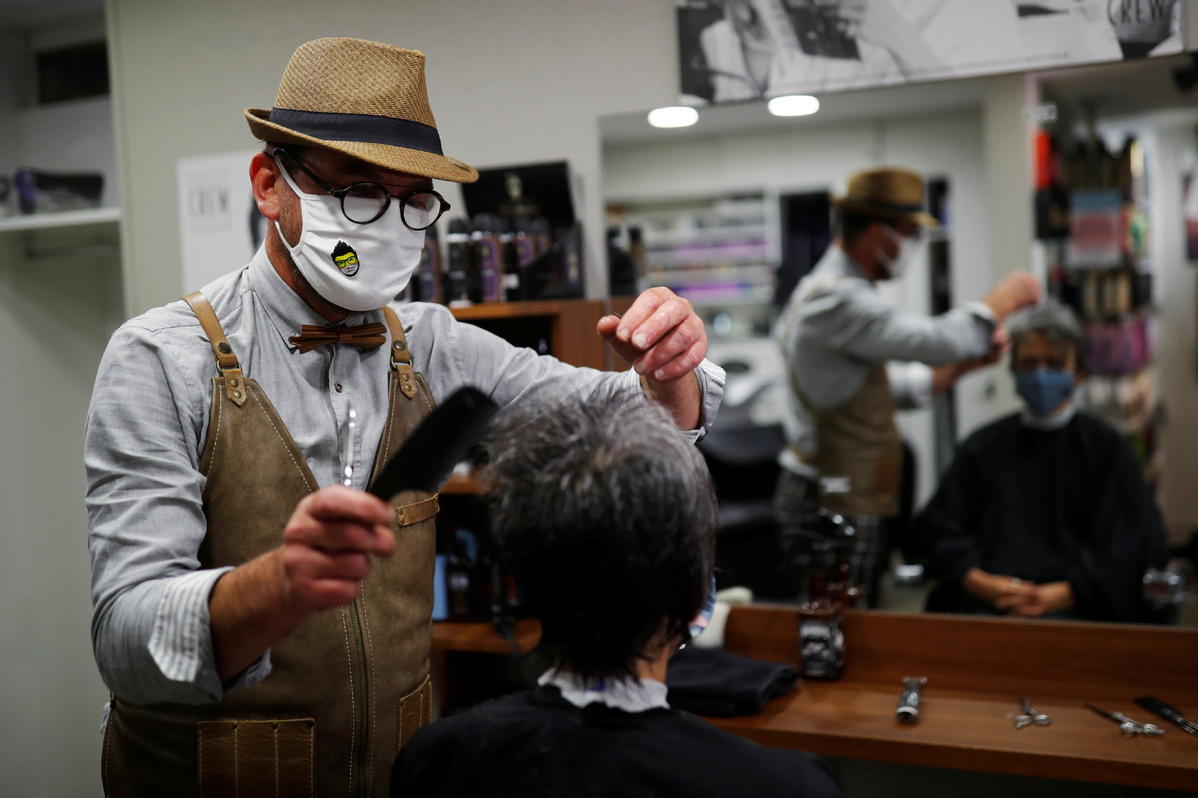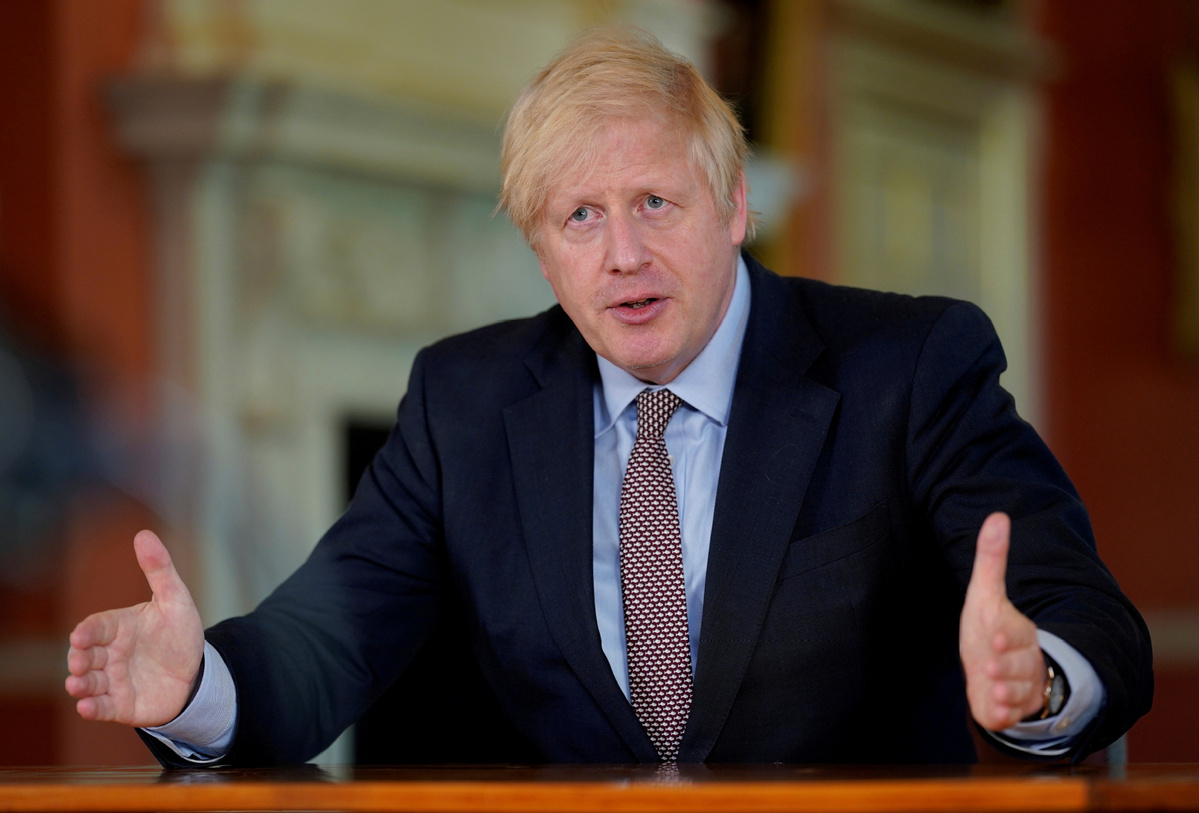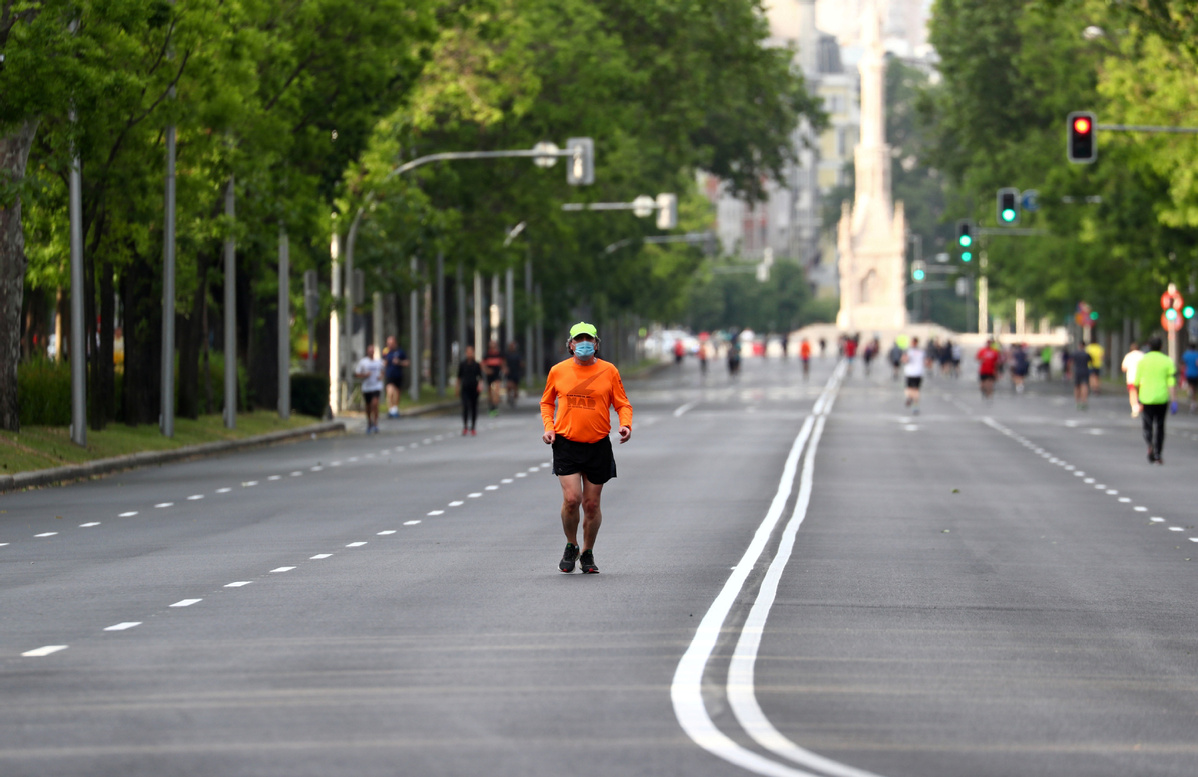France, Spain ease virus lockdowns but UK wary


PARIS - Millions of people in France and Spain were set to embrace a relaxation of stay-at-home rules on Monday, but Britain extended its lockdown as countries plot their way tentatively through the coronavirus crisis.
Fears of a second wave of the pandemic, which has killed more than 280,000 people worldwide and wrecked the global economy, stalked much of Europe and the world.
With millions out of work and economies flatlining -- including in the United States, where 20 million people lost their jobs in April -- governments are desperate to reopen, but most are choosing a gradual approach.
In France, people from Monday morning were able to walk outside without filling in a permit for the first time in nearly eight weeks, teachers will start to return to primary schools, and some shops -- including hair salons -- will reopen.
Bars, restaurants, theatres and cinemas will, however, remain closed.
Spaniards outside of urban hotspots such as Madrid and Barcelona -- which remain under lockdown -- made plans to meet friends and family in bars and restaurants that have outdoor spaces.
But Prime Minister Boris Johnson said it was too soon for Britain to do the same.
Almost seven weeks after a nationwide stay-at-home order was put in place, more than 31,800 have died during the outbreak in Britain -- the worst toll in Europe and second only to the United States.
'Colossal cost'

Johnson, who himself spent a week in hospital with COVID-19, said on Sunday the measures had come "at a colossal cost to our way of life" but added it would be "madness" to squander the progress by moving too soon.
"This is not the time simply to end the lockdown this week," the 55-year-old said, but he unveiled a "conditional plan" to ease the measures in England in the months ahead.
Some European officials have been emboldened by declining death rates: France's toll of 70 on Sunday was its lowest since early April, and Spain's daily fatalities have dropped below 200.
But the risk of a second wave was underscored by a resurgence in South Korea.
Although widely praised for its handling of its initial outbreak, the country has been forced to shut all bars and clubs in the capital Seoul after a cluster of infections.
There was uncertainty in Germany, too, with at least one district forced to reimpose restrictions after an outbreak at a meat processing plant. And even as the country loosened its lockdown restrictions, the latest German data also indicated the infection rate was rising again.
Bustling bazaars

In Spain, however, they were getting ready to celebrate.
"We have already set a date for dinner on Wednesday, just 10 of us. I can't wait to touch someone, to kiss and be kissed," said 66-year-old Beatriz Gonzalez in the Spanish city of Las Palmas in the Canary Islands.
Belgium and Greece are among other European nations set to ease lockdowns on Monday.
Turkey had already eased some restrictions and let over-65s out for the first time on Sunday.
Iran, the Middle East's worst-hit country, has also relaxed its lockdown measures, and bazaars and shopping centres in the capital Tehran were bustling again after being nearly deserted for weeks.
But health ministry spokesman Kianoush Jahanpour warned the situation "should in no way be considered normal," as one region recorded a spike in death rates and reimposed a lockdown.
And the resumption of league football in Europe was dealt a blow after confirmation of infection clusters among players in Spain, Germany and Portugal.
Football bosses in all three countries, however, insisted that season restarts planned for the coming weeks were still on track.
AFP
































